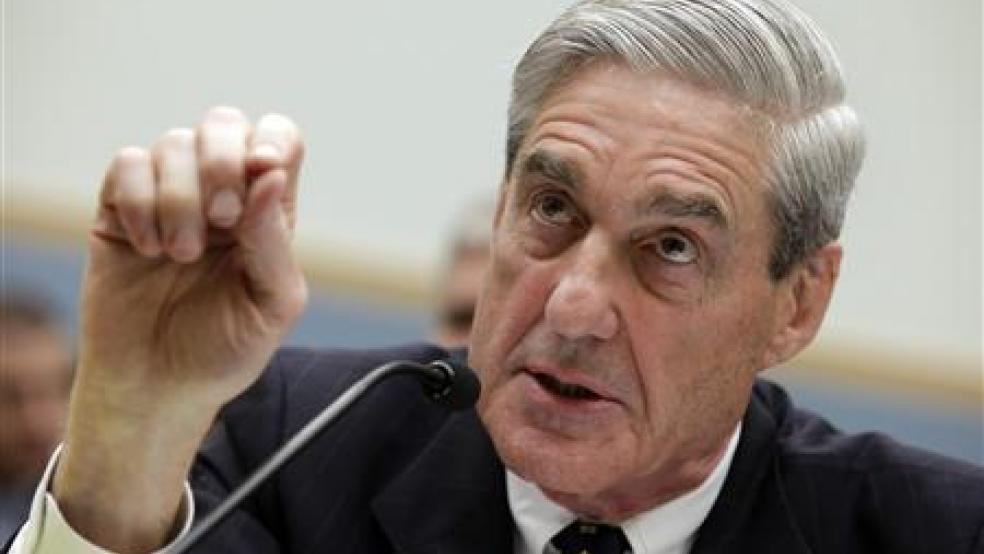Last night’s appointment of a special prosecutor to investigate connections between President Trump’s campaign and Russian interference with last year’s presidential election is being viewed by many as an acceleration of the effort to get to the bottom of a case that has roiled the federal government. But it’s not. While it is definitely a signal that senior law enforcement officials are taking the issue extremely seriously, it is not likely to result in a speedy resolution.
If history is any guide, in fact, the announcement Wednesday night that Deputy Attorney General Rod Rosenstein had appointed former FBI director Robert Mueller as special counsel to investigate the case signals that this will probably drag on for years.
Related: How Chaos in the White House Makes Obamacare’s Problems Even Worse
Special counsels and their predecessors with similar authority, independent counsels and special prosecutors, have in the past mounted lengthy, exhaustive inquiries that valued thoroughness over speed.
The first special prosecutor investigating the Watergate scandal was named in May of 1973. The investigation eventually went through four different leaders and didn’t wrap up until 1978, four years after President Nixon had resigned in disgrace.
A special prosecutor was appointed in 1986 to investigate the Reagan administration’s arms-for-hostages deal in the Iran-Contra scandal. That office didn’t close until 1993, the first year of the Clinton administration.
The independent counsel probe into the Clinton’s involvement in the Whitewater real estate development began in 1994. A final report wasn’t submitted until 2000, and the inquiry officially dragged on until 2003.
Related: Will Trump Be Impeached? Online Bets Assess the Odds
So, we’re going to be watching this play out for a long, long time, barring a Colonel Jessup-style meltdown by the president.
Of course, that’s a real possibility. By Thursday morning, Trump was already on Twitter complaining about the injustice of the investigation:
With all of the illegal acts that took place in the Clinton campaign & Obama Administration, there was never a special councel appointed!
— Donald J. Trump (@realDonaldTrump) May 18, 2017
This is the single greatest witch hunt of a politician in American history!
— Donald J. Trump (@realDonaldTrump) May 18, 2017
But the more likely scenario is a drawn out process in which White House and campaign staff lawyer-up and every interaction between them and the special counsel’s office is slowed to a crawl.
This will almost certainly have a negative impact on President Trump’s ability to push his agenda through Congress. White House staffers from the Clinton administration, who suffered through years of outside investigations, reported exhaustion, low morale, and not incidentally, the painful financial burden associated with hiring and maintaining expensive legal representation throughout the process.
Related: Here’s Why Intelligence Professionals Are Horrified by Trump’s Russia Leak
It will also affect Trump’s relationship with Republican leaders in Congress who have stood by him so far, but who may increasingly come to view their role as defender of an embattled president as a political liability.
To be sure, the existence of a special counsel investigation doesn’t necessarily need to lead to legislative paralysis. Former President Bill Clinton was being investigated for the overwhelming majority of his two terms in office, yet many of his signature legislative achievements -- welfare reform, the Health Insurance Portability and Accountability Act, financial modernization -- occurred while he was under the shadow of potential, and then actual, impeachment.
However, Trump so far has not shown the kind of political skill -- or the ability to “compartmentalize” -- that Clinton possessed in abundance. What that suggests is that the nation could face years of a federal government stuck in low gear, courtesy of a wounded and unpopular president backed by a demoralized, conflicted Republican Congress.





